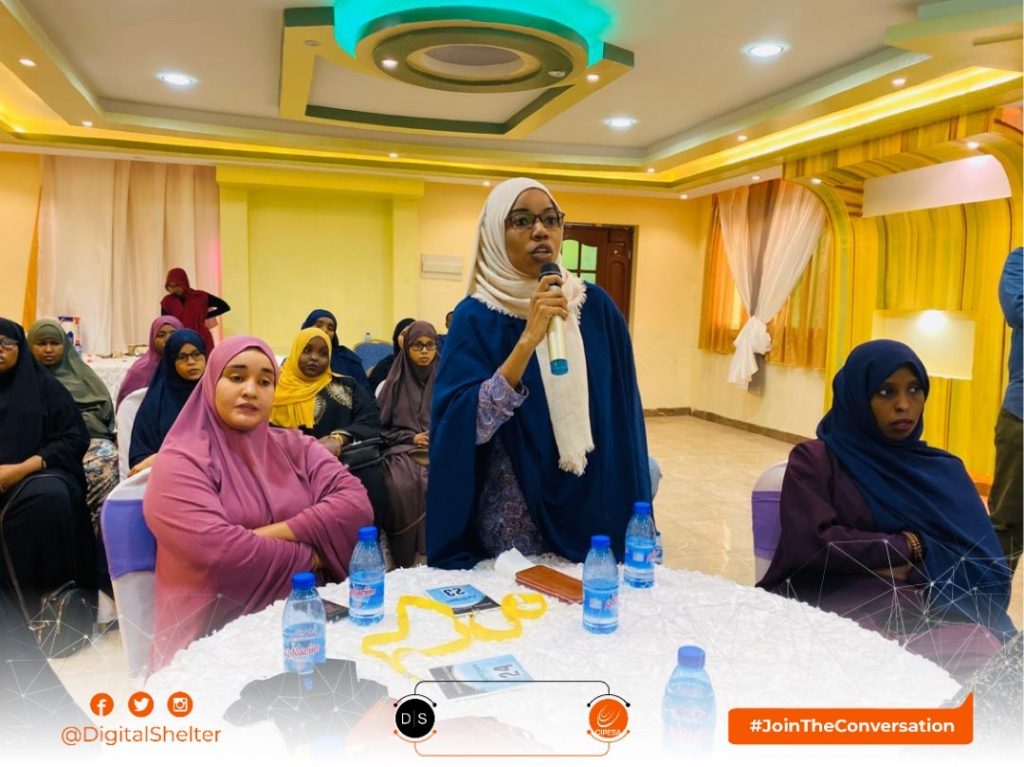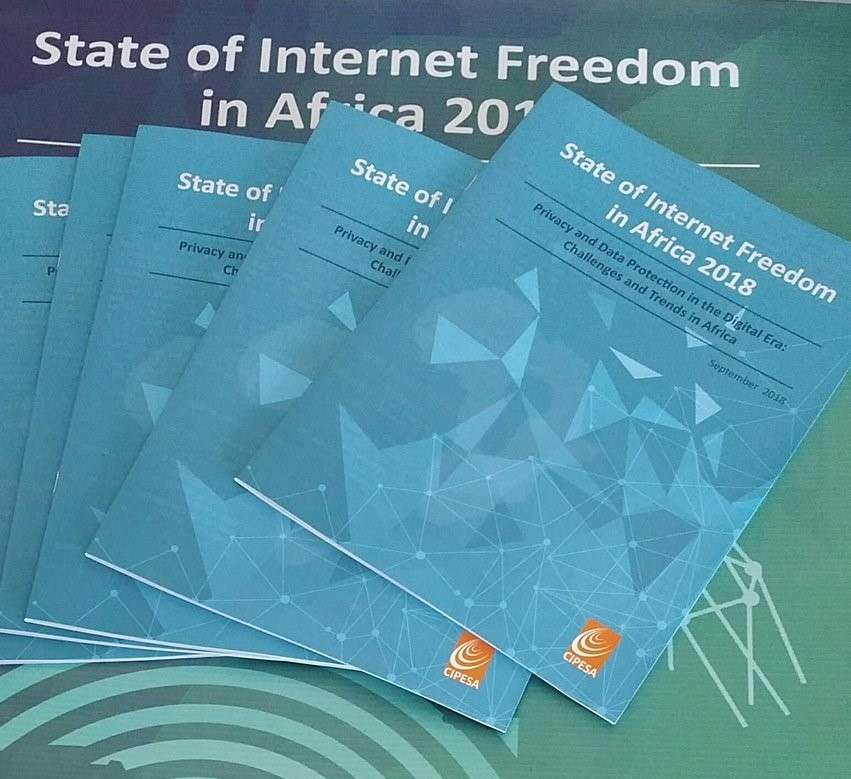Call for Applications |
In the lead up to the International Disability Day, on December 3, 2021, the Collaboration on International ICT Policy for East and Southern Africa (CIPESA) is inviting journalists from Kenya, Tanzania, and Uganda to apply for a two-day media training on Disability and Digital Rights in Africa. The virtual training will take place over two full days on December, 1-2, 2021.
Background
Although the East African region has experienced considerable growth in the use of Information and Communications Technologies (ICT), persons with disabilities in the region still face difficulties in accessing and using these technologies and thus continue to miss out on the benefits that they bring. According to national census data, the percentage of persons with disabilities in Tanzania is 8% of the total population, 3.5% in Kenya, and 14% in Uganda.
A study on ICT Accessibility Barriers for Persons with Disabilities, found that while Kenya, Tanzania, and Uganda have enacted various laws and policies to advance the rights of persons with disabilities, including those on access to and use of ICT, these have largely remained on paper with key provisions not being implemented. As a result, a large section of persons with disabilities continue to face digital exclusion.
The situation is exacerbated by the high cost of assistive technologies, low literacy levels among persons with disabilities, and lack of investments in supportive infrastructure by public and private entities.
Many of the obstacles and challenges faced by persons with disabilities in accessing information, education and employment can be mitigated through equitable access to ICT. To achieve this, several stakeholders, including the media, policy makers, regulators and ICT service providers must take decisive steps in terms of the development, production, cost and availability of certain requirements and equipment and creating an enabling environment for the promotion and respect of ICT accessibility rights for persons with disabilities. For media in particular, there is need for investigate and highlight digital exclusion challenges faced by persons with disabilities; provide a platform and voice for persons with disability; through their reporting, hold duty bearers accountable for any violations of digital rights of persons with disability; and offer their news and other programmes in accessible formats, especially the broadcast and online platforms.
Purpose of the Workshop
The workshop will equip the participants with the requisite knowledge and skills to effectively report about the digital inclusion of persons with disabilities and contribute towards promoting digital accessibility through fair, accurate, and enterprise coverage on persons with disabilities.
Topics to be covered will include:
- Laws and Policies on Disability and ICT
- Key ICT and Disability Rights Issues in East Africa
- Disability and Technology – Facts and Myths
- The Media and Digital Rights for Persons with Disability
- Checklist for Media Coverage of ICT and Disability
CIPESA will cover participants’ internet connectivity costs.
If interested, please fill this application Form by November 20, 2021
Successful applicants will be notified on November 26, 2021




 Highlighting the issue of online violence against women was Sucdi Dahir Diriye, a passionate community volunteer and member of
Highlighting the issue of online violence against women was Sucdi Dahir Diriye, a passionate community volunteer and member of  Based on their personal and professional experiences, the panelists stressed the need for counter measures against the prevailing threats. Among the recommendations made was increased digital security skills and knowledge building among activists, bloggers and media professionals. Specialized training on gendered online harassment was encouraged. Panelists also emphasized a dual approach in voice amplification – online and offline to reach wider audiences. Furthermore, more stakeholder dialogue to raise awareness on online civic space and digital rights, including data protection and privacy inline with Somalia’s growing technology sector. Other recommendations included research undertakings on current digital threats in Somalia, to inform advocacy and policy interventions; and establishment of a solidarity network to support victims of online attacks.
Based on their personal and professional experiences, the panelists stressed the need for counter measures against the prevailing threats. Among the recommendations made was increased digital security skills and knowledge building among activists, bloggers and media professionals. Specialized training on gendered online harassment was encouraged. Panelists also emphasized a dual approach in voice amplification – online and offline to reach wider audiences. Furthermore, more stakeholder dialogue to raise awareness on online civic space and digital rights, including data protection and privacy inline with Somalia’s growing technology sector. Other recommendations included research undertakings on current digital threats in Somalia, to inform advocacy and policy interventions; and establishment of a solidarity network to support victims of online attacks.

